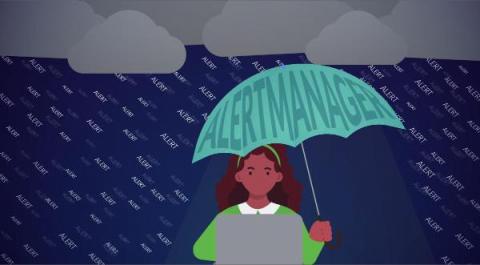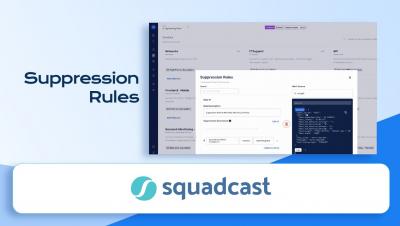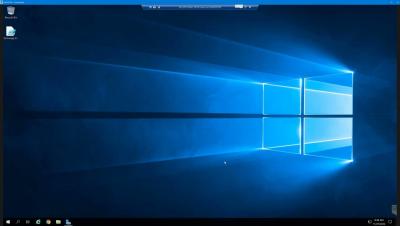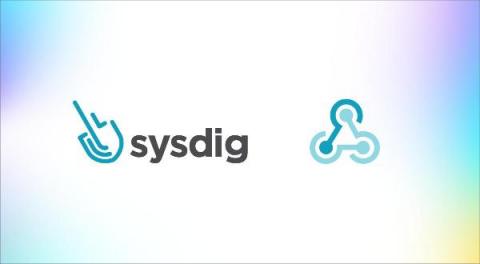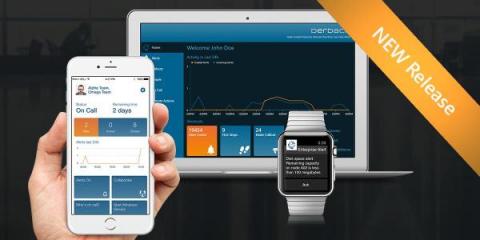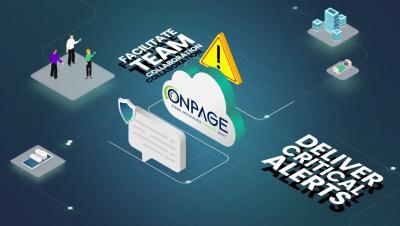Prometheus Alertmanager best practices
Have you ever fallen asleep to the sounds of your on-call team in a Zoom call? If you’ve had the misfortune to sympathize with this experience, you likely understand the problem of Alert Fatigue firsthand. During an active incident, it can be exhausting to tease the upstream root cause from downstream noise while you’re context switching between your terminal and your alerts. This is where Alertmanager comes in, providing a way to mitigate each of the problems related to Alert Fatigue.


